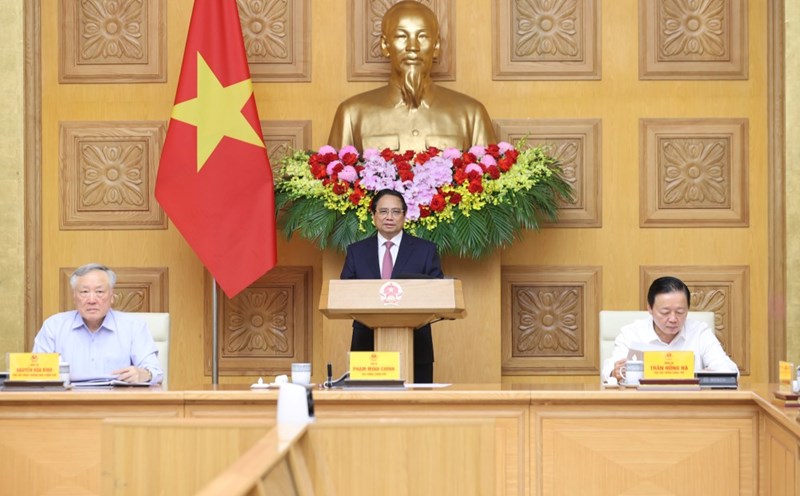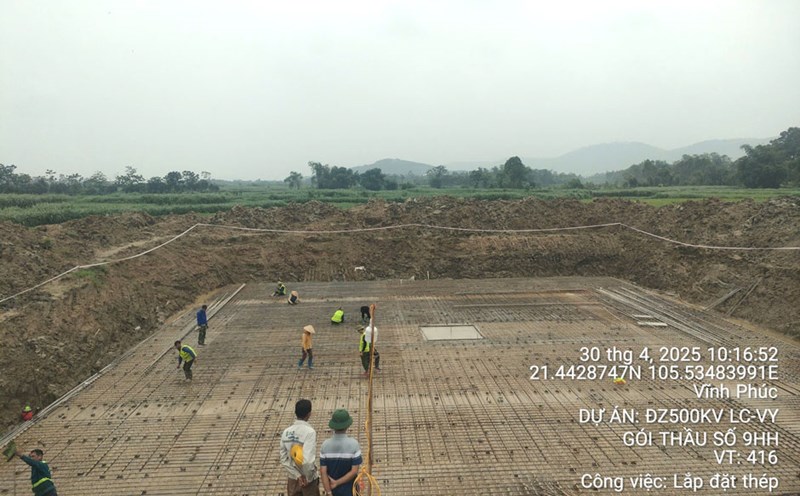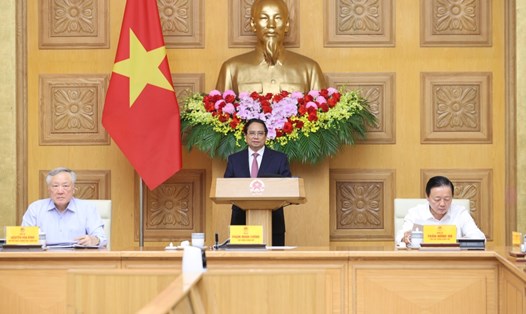The dynamism, creativity and adaptability of this area not only creates many job opportunities but also stimulates innovation, contributing to sustainable economic development and improving the quality of life of the people.
In particular, domestic private enterprises and startups are increasingly affirming their position when receiving strong investment from both domestic and international funds.
These investment capital sources not only help businesses expand their scale and improve production capacity but also create breakthroughs in technology and business models.
The success stories of many startups in the technology field show that, with support in capital and resources, initial creative ideas can quickly develop into large-scale enterprises, contributing to creating new economic values and promoting digital transformation in the economy.
This is especially evident in the context of a wave of innovation spreading strongly, from small businesses to large corporations such as Viettel, VNPT, FPT are all increasing investment in high technology and digital solutions.
However, in addition to outstanding potential and success, the private economy is also facing many challenges from internal to objective, as General Secretary To Lam pointed out in the article "Dveloping the private economy - Leverage for a prosperous Vietnam" on March 17.
For the private economy to be one of the most important driving forces of the economy, effectively participating in the "new growth model" as directed by General Secretary To Lam at the 11th Central Conference of the 13th tenure, we need to soon eliminate bottlenecks and bottlenecks.
First of all, there are barriers that make it difficult for private enterprises to access resources, especially credit capital, land, high-quality resources and human resources, especially in the technology, engineering and finance industries.
Next are the shortcomings and overlaps of the legal system, causing the business environment to have many obstacles, complicated administrative procedures, consuming a lot of time, costs and potential risks.
The Government's preferential and support policies are not really effective and fair between economic regions and are not easy to access for the private economy.
Then the phenomenon of harassment and unofficial costs still exists, creating an invisible burden for private enterprises, reducing production and business efficiency and causing a fear of expanding investment.
Only by successfully removing these bottlenecks and bottlenecks can Vietnam create a dynamic business environment, open up integration, attract investment capital and truly turn challenges into sustainable development opportunities in the future.











